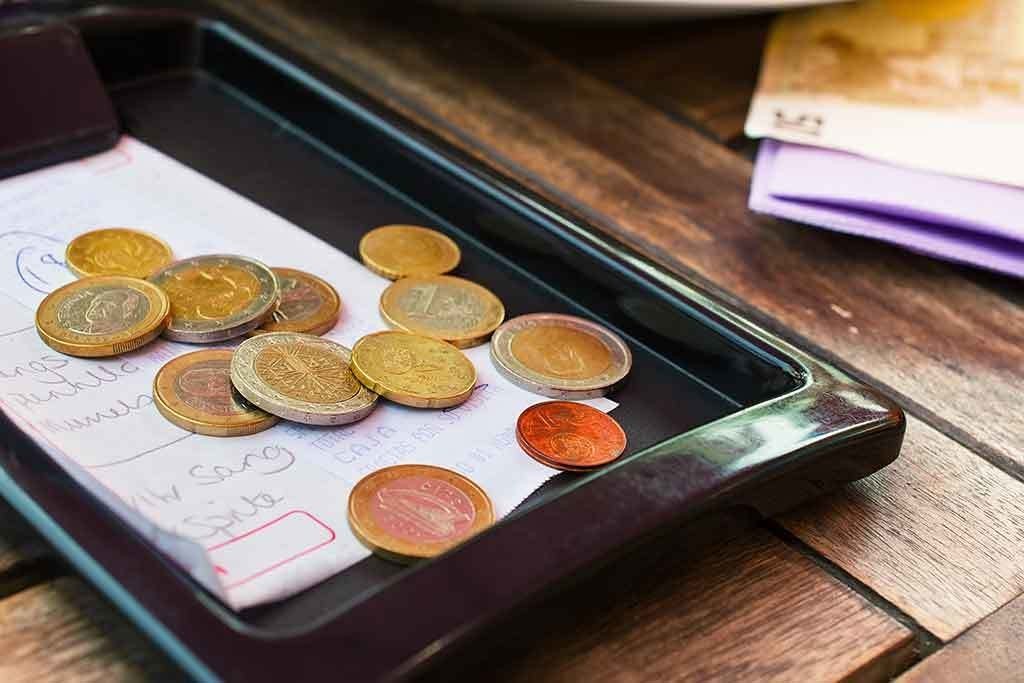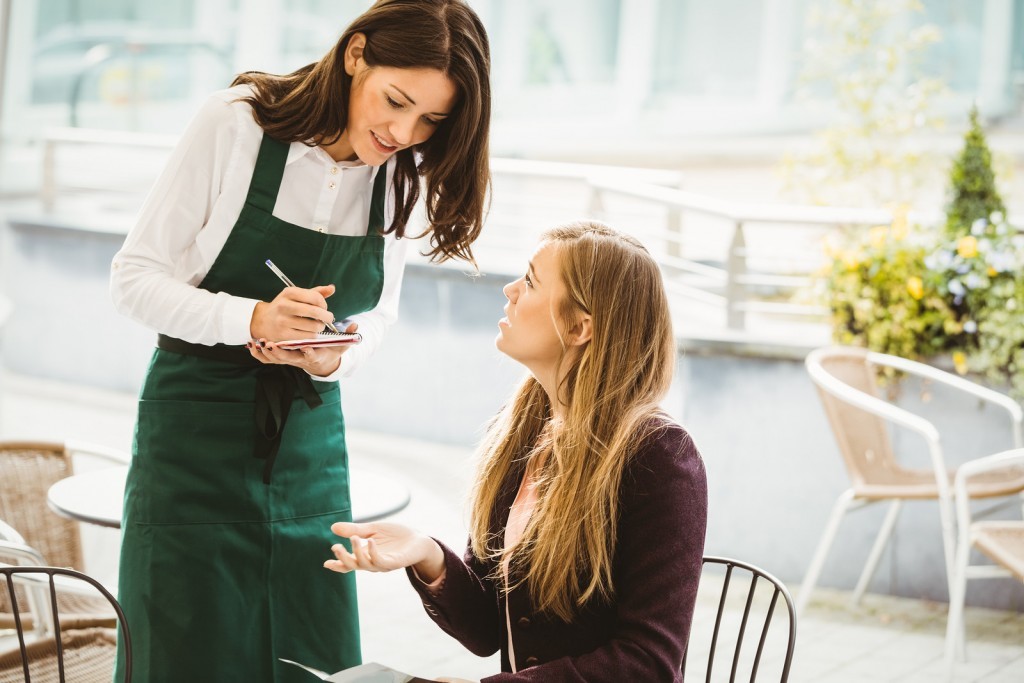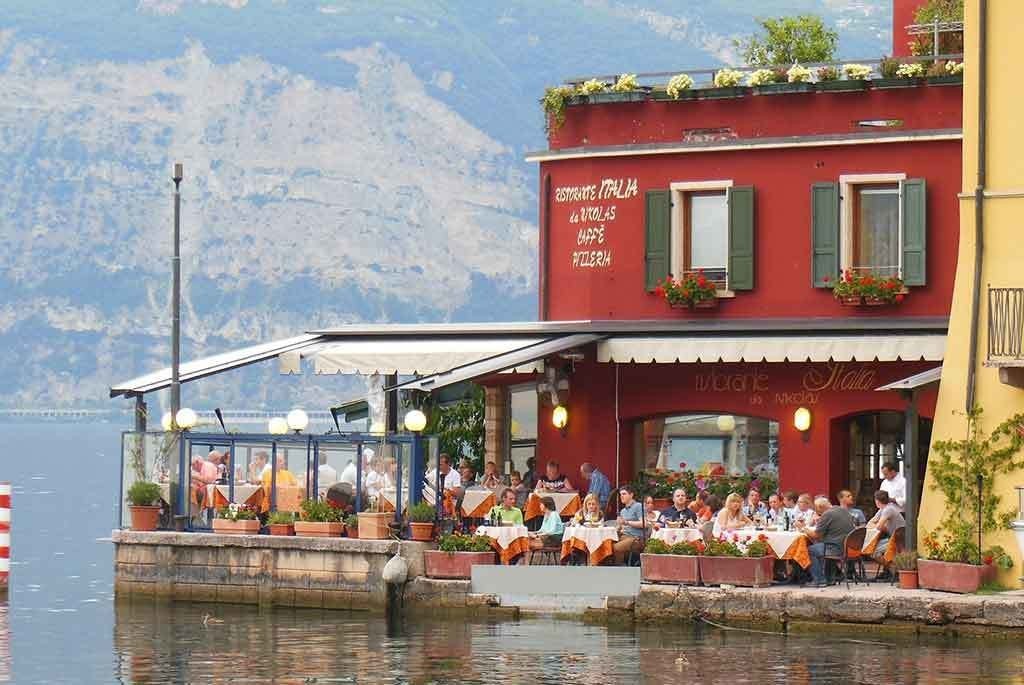7Research opening times

Many churches are free to visit in Italy. However some are closed on Catholic festivals and feast days. It is always best to check ahead. During the summer months many businesses are closed for the August holidays and it can be impossible to find restaurants that are open for business past a certain hour. Most shops are closed on Sundays.
8Bring something for the kids

Hotels in Europe do not offer all the services that American hotels do. There are few swimming pools or video games available, and programs on television will be mostly in Italian. Even English language programs will be dubbed into Italian. Bring a book, a ball or a portable media player to distract your children – even the best behaved child is likely to rebel after too many old churches and dusty art.
9Watch out for pickpockets

Like all big cities, Rome, Florence, and Milan have their fair share of petty crime. Keep an eye out on your belongings especially in crowded areas like Rome’s Termini train station, the Ponte Vecchio (Old Bridge) of Florence and around the Duomo in Milan. Beware of distraction techniques as pickpockets often work in gangs.
However, many visitors are taken in by the false familiarity of seeing spaghetti or lasagna on the menu and expect the same watered down Italian culture that they experience at home. Traveling in Italy is the real McCoy and there are a few tips and tricks that every visitor should know.
1To tip or not to tip

In many Italian restaurants, a “coperta” is often added to the bill. This is the cover charge and usually ranges from €2 to €4 in most places. A service charge is also sometimes added to the bill. This is not compulsory. Tipping on top of the total bill is unnecessary; though rounding up the bill to the nearest dollar is appreciated.
2 Ordering food

Italians take food very seriously and although eating a slice of pizza on the go is acceptable, the sit-down dinner is sacrosanct and is not an event to be rushed. A full feast starts with the antipasti, often cold roasted vegetables like peppers or mushrooms, then a “primi” of pasta or pizza. Many tourists only eat a “primi” for their meal – if you are after a snack, stop by a pizzeria instead.
The “contorni”, or sides follow, then the “secondi”, or main dish. This is usually a meat dish of chicken, fish or lamb. Lastly the “dolci”, or dessert, is served, often with a cup of coffee.
3Ask for the bill

Unlike in America, waiters will not bring you the bill unless you ask for it. This is not a sign of bad service. Rather, Italians like to linger over their meals and bringing the bill unasked for in Italy is a thinly veiled way of asking patrons to leave as soon as possible. Waiting patiently for service will also usually not yield results. Instead, ask for attention with a polite “Scusa” as your waiter walks by.